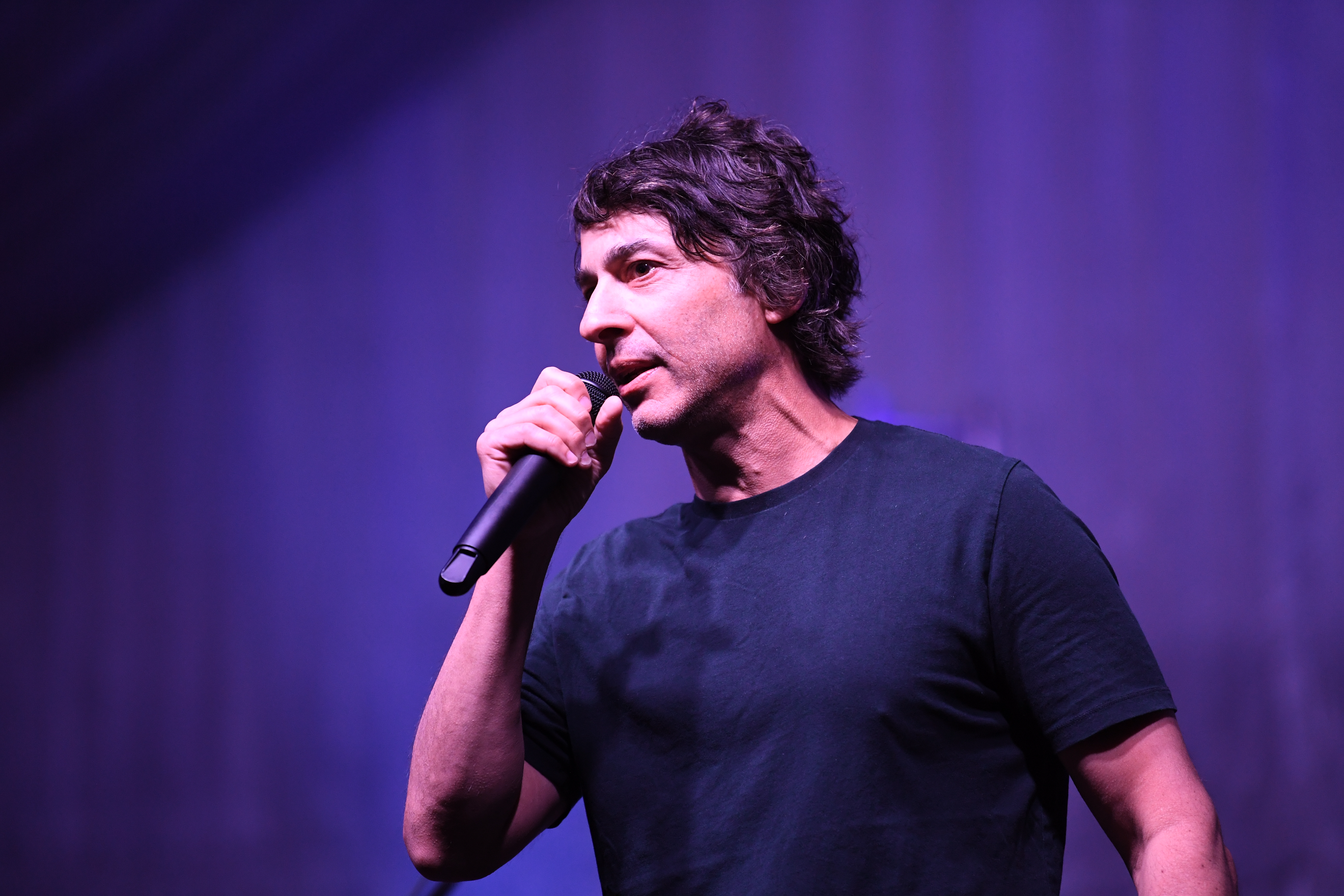Equestrian is the only Olympic sport in which men and women compete on equal terms.
There are no separate events for men and women in the three different disciplines — dressage, jumping and eventing.
However, women were only allowed to compete in the sport in 1952 when the competition stopped being restricted to active-duty officers on military horses.
Riders must avoid accumulating penalty points for errors and to do that they rely on harmony with their horses.
___
CINDERELLA STORY
Laura Graves of the United States will be aiming to write the perfect ending to her fairytale in Rio at her first Olympic Games.
U.S. & World
The former hairdresser burst onto the scene in 2014, when she and her horse Verdades ("Diddy" for short) finished fifth in the World Equestrian Games Grand Prix Freestyle and were also second at the Grand Prix National Championship, behind three-time Olympian Steffen Peters and Legolas.
Graves' love of horses began when her parents traded their washer and dryer for two ponies. She always dreamed of competing but was unable to due to a lack of funds.
Her parents bought her a horse on a modest budget from a sales video but Diddy was temperamental and would refuse to be ridden many days.
One of many falls resulted in Graves breaking her back, but she did not give up, and they rose from obscurity to one of the world's best dressage duos.
___
CAPTAIN CANADA
Known as Captain Canada, Ian Millar etched his name into sporting history at London 2012, setting a new record for the most appearances in Olympic Games.
Having surpassed Austrian sailor Hubert Raudaschl's nine, the 69-year-old is hoping to make it 11 in Rio, where he could also compete with his children, Jonathon and Amy, who are also hoping to qualify.
Millar's total would already be 11 had Canada not joined the boycott of the 1980 Olympics in Moscow.
Millar's first Olympic Games were Munich 1972 and he won his only Olympic medal at the 2008 Games in Beijing, becoming the oldest show jumper to stand on the podium, at the age of 61.
He dedicated the medal to his wife of 39 years, who had died months earlier from cancer.
___
PAMPERED HORSES
In equestrian, it's not just the athletes who receive top treatement and training, but the horses too.
Between events, horses run on treadmills and have massages, as well as physiotherapy and acupuncture sessions.
Top horses also fly around the world on specially designed aeroplanes and have passports containing detailed physical descriptions and lists of vaccines taken.
Problems can arise, however, especially with riders from Australia, which has strict quarantine laws. Many riders from Australia and New Zealand live in Europe or the United States.
Phillip Dutton, who won gold at three successive Olympics from 1996-2004 as part of the Australian eventing team, moved to the United States in 1991 and started to compete for his adoptive country after officially becoming a U.S. citizen in 2006.
___
GERMAN DOMINANCE
Germany has dominated the sport, specifically dressage where it has an impressive haul of 19 gold medals, 11 silver and nine bronze.
The top three athletes in the history of equestrian are also German: Reiner Klimke won six gold and two bronze medals in dressage, Isabell Werth five golds and three silvers in the same event, while Hans Gunter Winkler won five gold, one silver and a bronze in show jumping.
Germany won seven successive dressage team gold medals at the Olympics, until its run was interrupted in London by a Great Britain team, including Charlotte Dujardin on Valegro and Laura Bechtolsheimer on Mistral Hojris — the individual gold and bronze medalists.
Valegro has been the best horse for the past four years and the individual medal will likely be a battle between Dujardin and Werth, who did not compete four years ago.
One of the best riders in the United States is originally German. Born in Wesel, Germany, Steffen Peters emigrated to America in 1985, becoming a U.S. citizen in 1992. He rode in the first of three Olympic Games four years later, helping his new nation to the team bronze medal in Atlanta.
The U.S., with one silver and seven bronze, and Canada, one bronze, are the only non-European countries with dressage medals.



